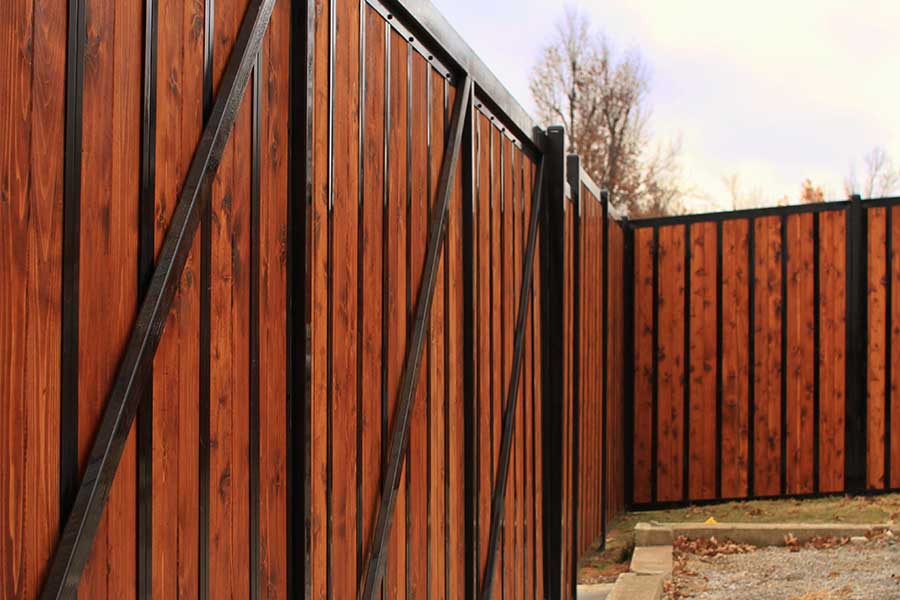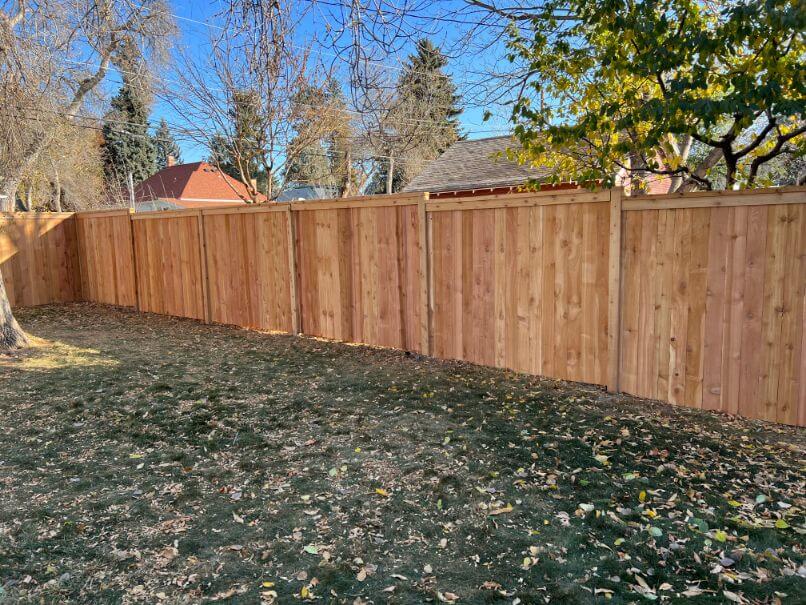All Categories
Featured

When preparing a brand-new fence for your residential or commercial property, it's simple to focus on the fundamental expenses-- materials, installment, and labor. Right here's a guide to some of the most common hidden costs to take into consideration when budgeting for your fence task.
- Permit Costs and Lawful Demands. Before you start digging, it is necessary to inspect if your area needs an authorization to set up a fence. Lots of communities have zoning regulations that govern fence placement, elevation, and material, particularly if you're developing near a residential or commercial property line or in a neighborhood with a Homeowners' Association (HOA) These laws ensure the fence satisfies local requirements, however they likewise come with linked costs.
Cost range: $50 to $500, depending on your location and the intricacy of your job. 2. Fencing Elimination and Disposal. If you're replacing an existing fence, removal and disposal of the old structure is an additional cost that can quickly be ignored. Fence elimination generally entails disassembling the old fence, transporting away the materials, and taking care of them properly. Disposal charges can differ, particularly if the old products require unique handling, such as cured wood or steel.

Expense array: $2 to $10 per linear foot for elimination and disposal, depending on the products. 3. Land Preparation and Excavation. If the land where your fence is being installed is unequal, rocky, or covered in greenery, it may need to be removed or leveled. Grading or excavation prices can add to your total task expenses, especially if you're setting up messages in hard-to-dig dirt.
Cost range: $300 to $2,000, depending upon the site's problem. 4. Utility Line Identification and Changes. Before excavating, it's crucial to guarantee that no below ground energies, like water, gas, or electrical lines, will be disrupted during the setup. The majority of specialists will call energy firms to note these lines, but there might be extra expenses if changes are needed to avoid damaging existing framework.
Cost variety: $100 to $500, relying on whether adjustments are needed. 5. Custom-made Features and Upgrades. While your basic fence might include standard products, you could desire to add customized features like gates, decorative panels, or incorporated lights. Automatic gateways or safety systems are particularly pricey and need expert installment. Adding these extras enhances the total price of your fencing, so make certain to factor them into your spending plan.

Expense range: $100 to $1,500+ for gateways or functions, relying on size and complexity. 6. Shipment and Transport Expenses. Depending upon where your products are sourced, you may be charged a separate distribution fee for transporting the fence materials to your home. This is especially usual with large or hefty orders, such as wood panels or steel fence. Delivery prices can additionally differ based on the distance in between the supplier and your place.
Cost variety: $50 to $300 for shipment, relying on range and the amount of materials. 7. Maintenance Costs Gradually. Many sorts of fences, specifically timber fencings, need recurring upkeep to remain in good condition. Routine jobs like staining, securing, and cleaning will assist prolong the life of your fence. Some products, such as vinyl or steel, might be extra low-maintenance however can still sustain costs for repair work or substitutes if damaged.
Yearly price range: $50 to $300 for maintenance, depending on material and climate. 8. Weather condition Hold-ups. Nature does not constantly coordinate with your timeline. If your installment is postponed by poor climate, such as rain or severe warmth, you may encounter added labor costs if employees require to go back to complete the task at a later time. Hold-ups can also extend the project timeline, pressing back when the fencing is ready for use.
Cost range: Variable, relying on how much time the hold-up lasts. 9. Property Line Disputes. Mounting a fencing near to your residential or commercial property line can often lead to disputes with next-door neighbors. It might be needed to hire a specialist surveyor to verify the property line before installation if your border is unclear. This added action guarantees you will not unintentionally elbow in on your neighbor's land, yet it features added costs.
Cost variety: $400 to $1,000 for a residential property survey, relying on your area. 10. Dirt and Ground Conditions. Particular soil kinds can offer obstacles during installment. If your property has rough, compacted, or clay-based soil, excavating openings for blog posts can be a lot more challenging, requiring specific tools or even more time to complete. Harder ground conditions may additionally demand using other or concrete reinforcing materials for included security.
Expense array: $100 to $500 for devices or additional labor. Final thought. When budgeting for a new fence, it is very important to remember that the first price may not be the only cost you'll experience. Licenses, website preparation, old fence removal, utility modifications, and customized features can all include up. Furthermore, recurring upkeep and the opportunity of weather delays or property line concerns must be thought about when estimating your total budget plan. By making up these hidden prices, you can guarantee that your fence job stays within budget and is completed without unexpected monetary surprises.
Latest Posts
Find Top Car Repair Care offered by Montclare Auto Repair – Drive with Confidence
Published May 24, 25
1 min read
Uncover Montclare Auto Repair’s Premier Auto Repairs and Why Drivers Trust Them
Published May 21, 25
1 min read
Discover the Greatest Auto Repair Deals in Montclare, Chicago
Published May 20, 25
1 min read
More
Latest Posts
Find Top Car Repair Care offered by Montclare Auto Repair – Drive with Confidence
Published May 24, 25
1 min read
Uncover Montclare Auto Repair’s Premier Auto Repairs and Why Drivers Trust Them
Published May 21, 25
1 min read
Discover the Greatest Auto Repair Deals in Montclare, Chicago
Published May 20, 25
1 min read